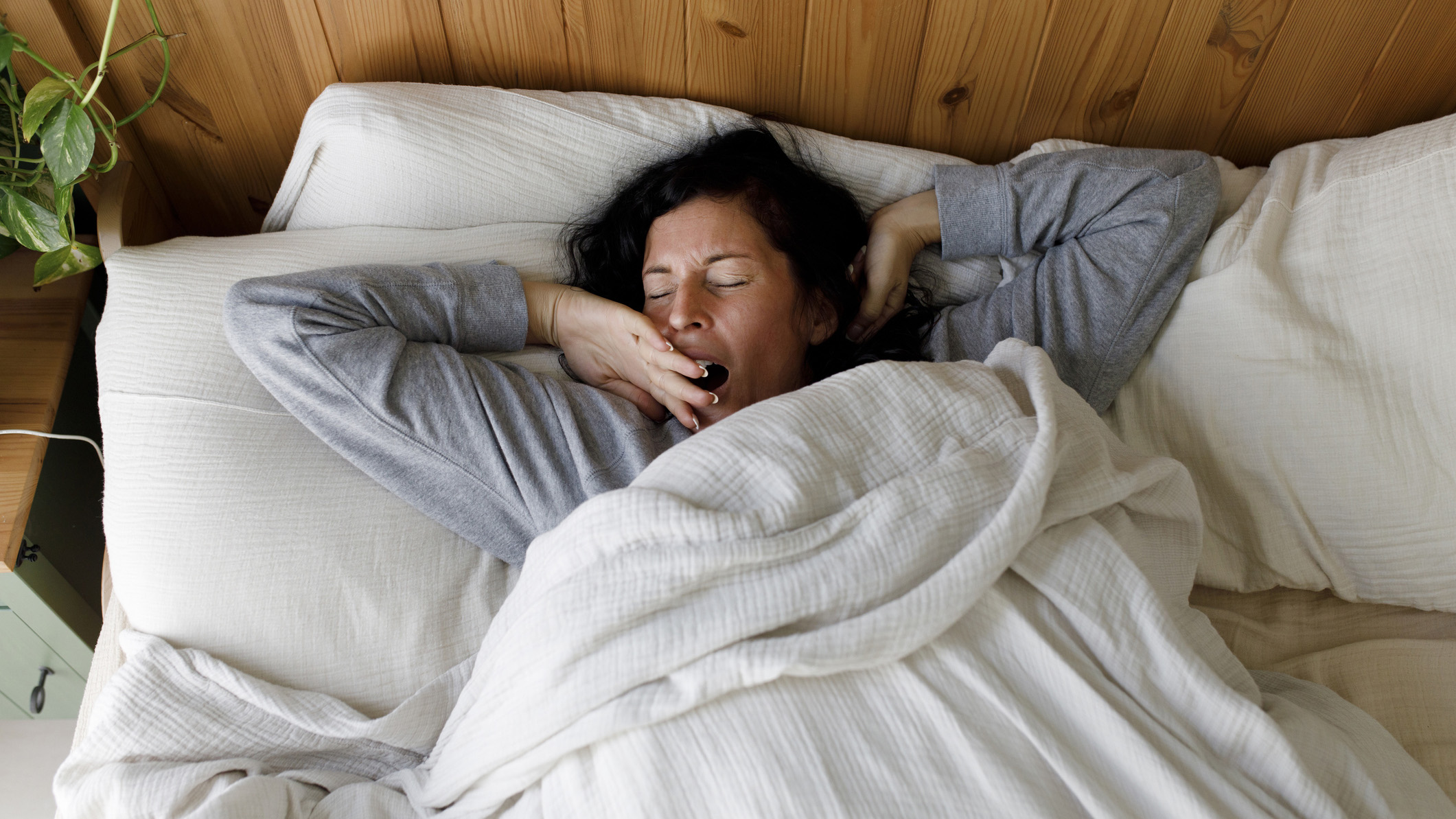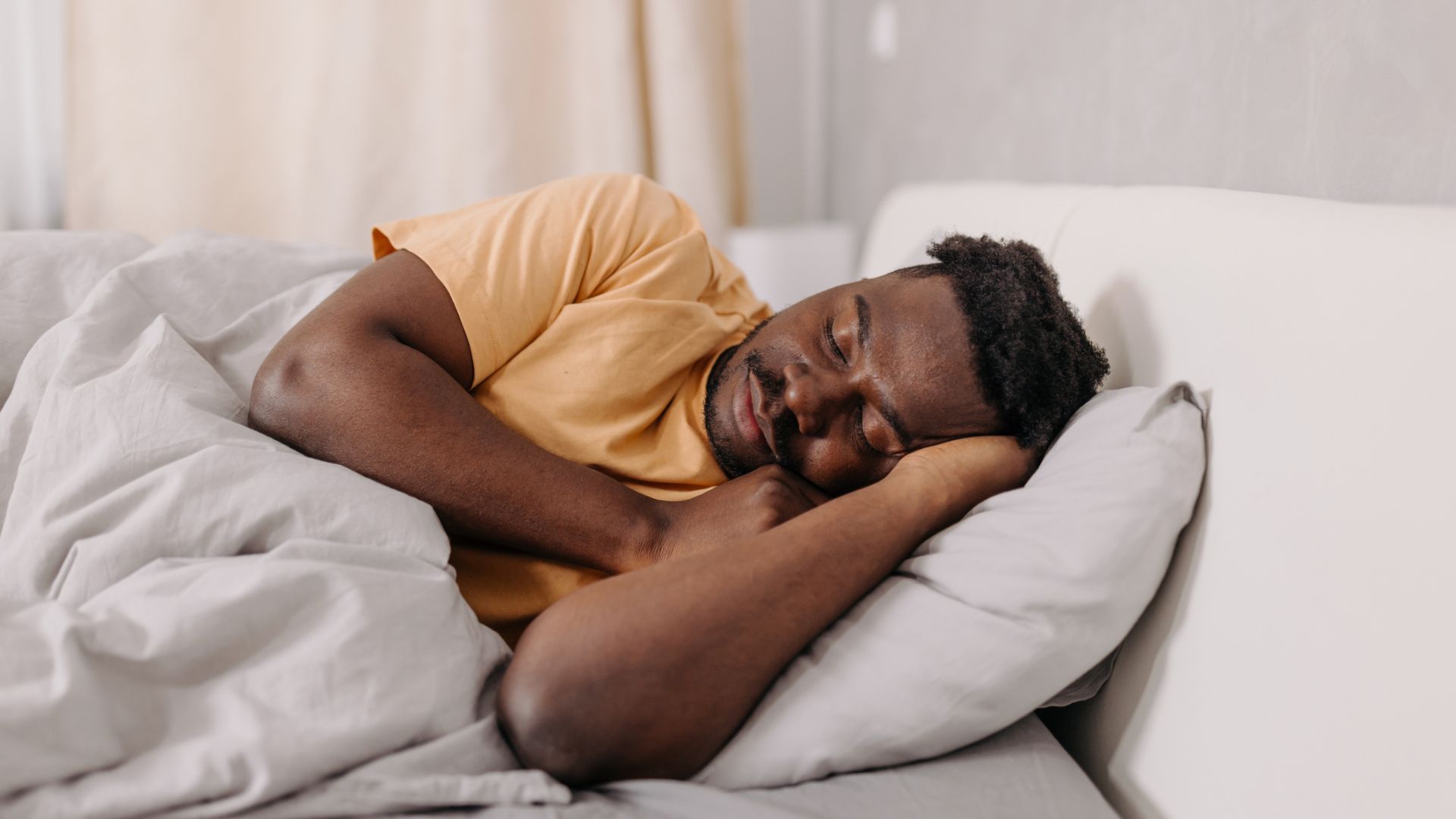Weekend lie-ins could lower your risk of heart disease by a fifth, says new study
Why weekend lie-ins could be good for you after all

A weekend lie-in is packed with mixed emotions. Should you stick to your regular sleep routine or try to make up for lost sleep? However, findings from a new study could give you permission to snooze the weekend alarm guilt-free.
The study, conducted by the National Centre for Cardiovascular Disease at Fuwai Hospital and presented at the European Society of Cardiology (ESC) Conference 2024 in London, says that catching up on sleep over the weekend reduces the risk of heart diseases by 20%.
Key takeaways from the study
- Catching up on sleep over the weekend reduces the risk of heart diseases by a fifth
- Results more evident in those who are regularly sleep deprived during weekdays
- Data collected from a pool of over 90,000 subjects aged between 40 and 69
The authors used the data of over 90,000 subjects aged between 40 and 69 from the UK Biobank project to record the association between compensated sleep and heart health. Around 21.8% of the participants reported sleep deprivation while the rest showed signs of occasional inadequate sleep.
Hospitalization records and cause of death registry information were used to diagnose heart diseases including Ischemic Heart Disease (IHD), Atrial Fibrillation (AF), heart failure and stroke. The participants were grouped into four quartiles from most compensated to least, with their sleep data being recorded using accelerometers.
Results showed that catching up lost sleep during the weekend saw their risk of contracting heart disease fall by a fifth, compared to those who didn't gain an extra hours of sleep during the weekend, or even slept less.
What are the health effects of sleep deprivation?

According to the Centre for Disease Control and Prevention (CDC), 1 in 3 U.S. adults consistently get less sleep than they require. In the short term, sleep deprivation can impair cognitive function, which means critical thinking, memory and mood is affected. In the long term, sleep deprivation can lead to an increased risk of diabetes, hypertension, depression, anxiety and poor cardiac health.
This happens as the lack of sleep hikes up the cortisol levels, increasing blood sugar levels and pressure, making us crave for sweets and carbs leading to weight gain and other psychiatric problems. It is a vicious cycle of concerns starting from the absence of uninterrupted sleep.
Get instant access to breaking news, the hottest reviews, great deals and helpful tips.
Can you catch up on lost sleep by having a weekend lie-in?
To offset the ill-effects of sleep deprivation, you might be tempted to hit snooze on the weekend. While experts agree that a consistent sleep schedule is best for optimum sleep health, this study suggests that catching up with a weekend weekend lie-in is better than no sleep at all.
After a follow-up period of 14 years, the study found that all participants saw a lower risk of heart diseases. “The association (between compensatory sleep and heart health) becomes even more pronounced in individuals who regularly experience inadequate sleep on weekdays,” said study co-author Mr Yanjun Song of the State Key Laboratory of Infectious Disease, National Centre for Cardiovascular Disease, Beijing, China.

However, these finding go against common advice that waking up at the same time every day is the best for optimum sleep health. So which is best, a weekend sleep-in or a regular sleep schedule? “Acute sleep deprivation can be made up by sleeping in an extra hour on the weekend or going to bed an hour earlier than your usual bedtime,” Dr. Shelby Harris, a board certified in Behavioural Sleep Medicine by the American Academy of Sleep Medicine in a conversation with Peloton.
“This can ‘pay back’ a small amount of sleep debt caused by a few nights of bad sleep, but it is not a long-term solution for a large amount of sleep debt,” she adds.
Why a consistent sleep schedule is still optimal
Sleep deprivation, whether it be pulling late nights for a project or losing sleep over a longer period, can affect the quality of your sleep, inducing mood swings and decreasing productivity.
Experts agree that the best way to reap the benefits of a restful sleep is to have a consistent sleep routine. This sets your circadian rhythm, the body’s internal clock, which is responsible for making you feel sleepy at the end of a day in line with all physical and mental processes. The more systematic your sleep routine is, the better your body’s clock functions which enhances your overall sleep quality.

Becky is a Sleep Staff Writer at Tom’s Guide covering all things sleep-related including product reviews, research studies, news and explainers. She works on specialist bedding content and is responsible for buyer’s guides like the best pillows for all sleepers and best mattress protectors focusing on popular brands such as Tempur-Pedic, Avocado, Coop Home Goods and more. Becky is a PPA accredited journalist who is keen to explore the intricacies of sleep, its effects on skincare, mental wellbeing and work performance. While not thinking of sleep, she can be seen reading in cosy bookshops or learning about global food culture.
 Club Benefits
Club Benefits





